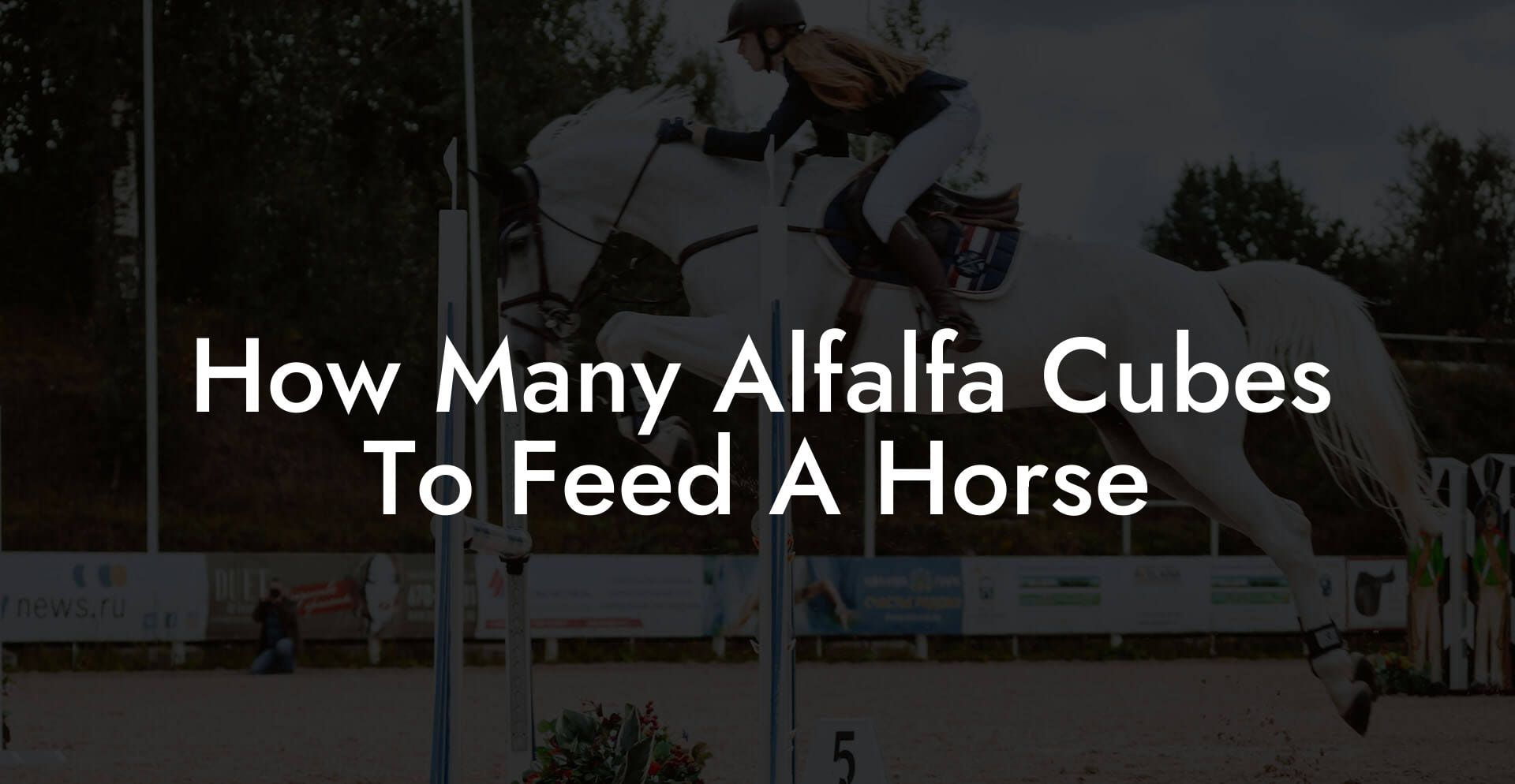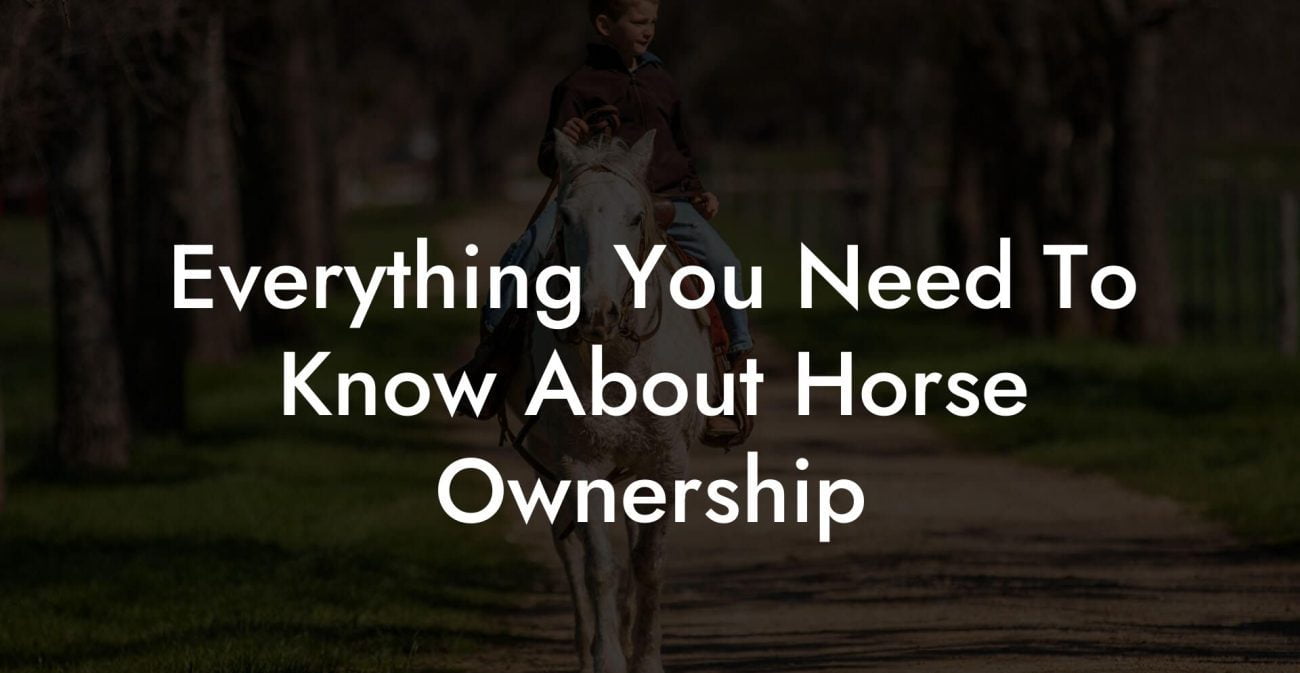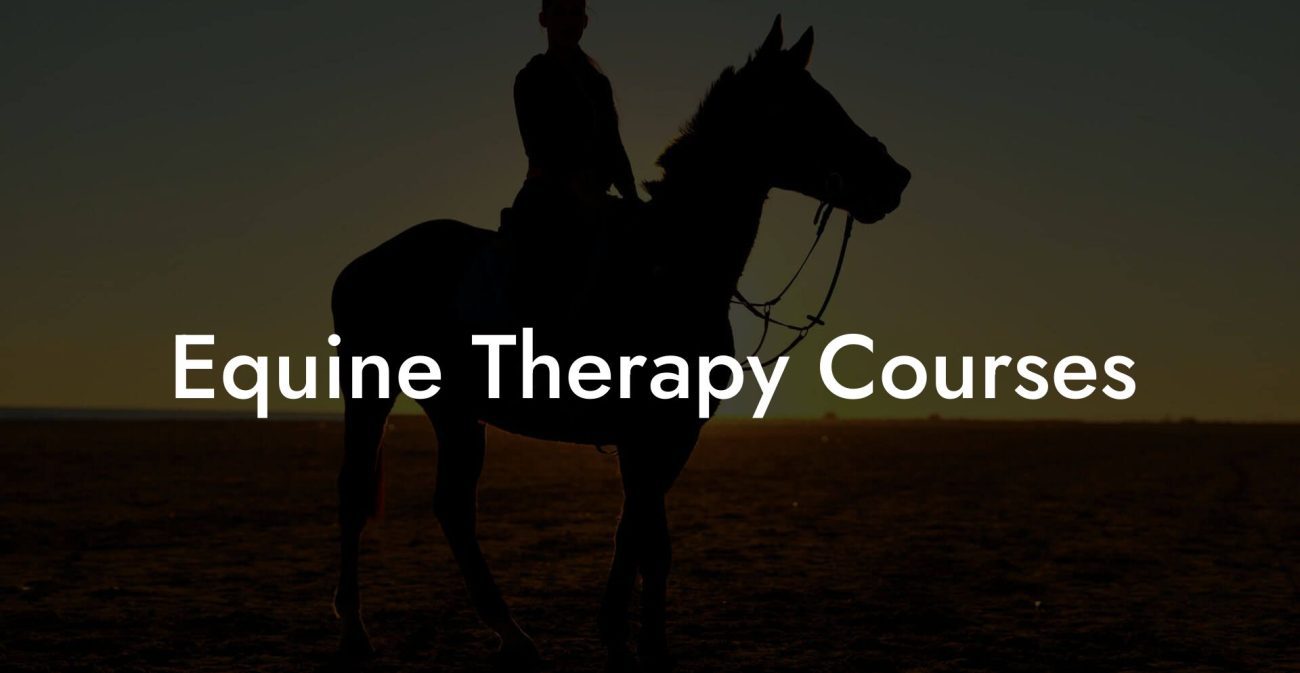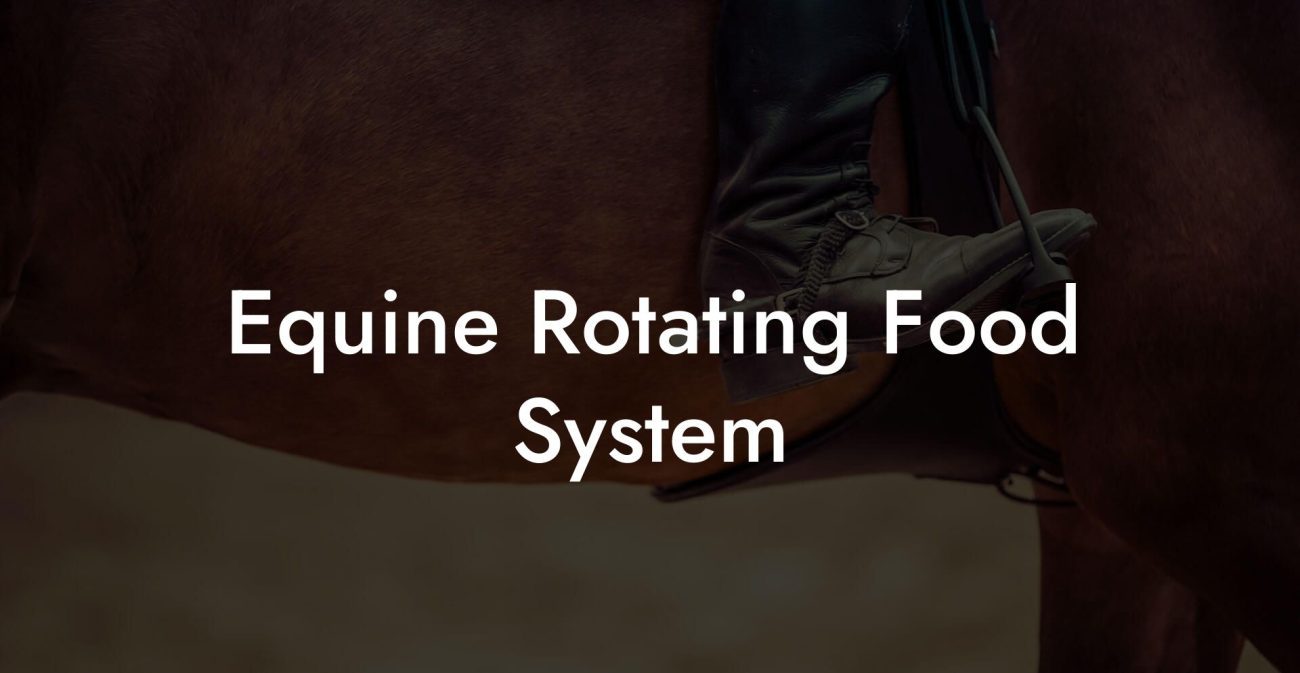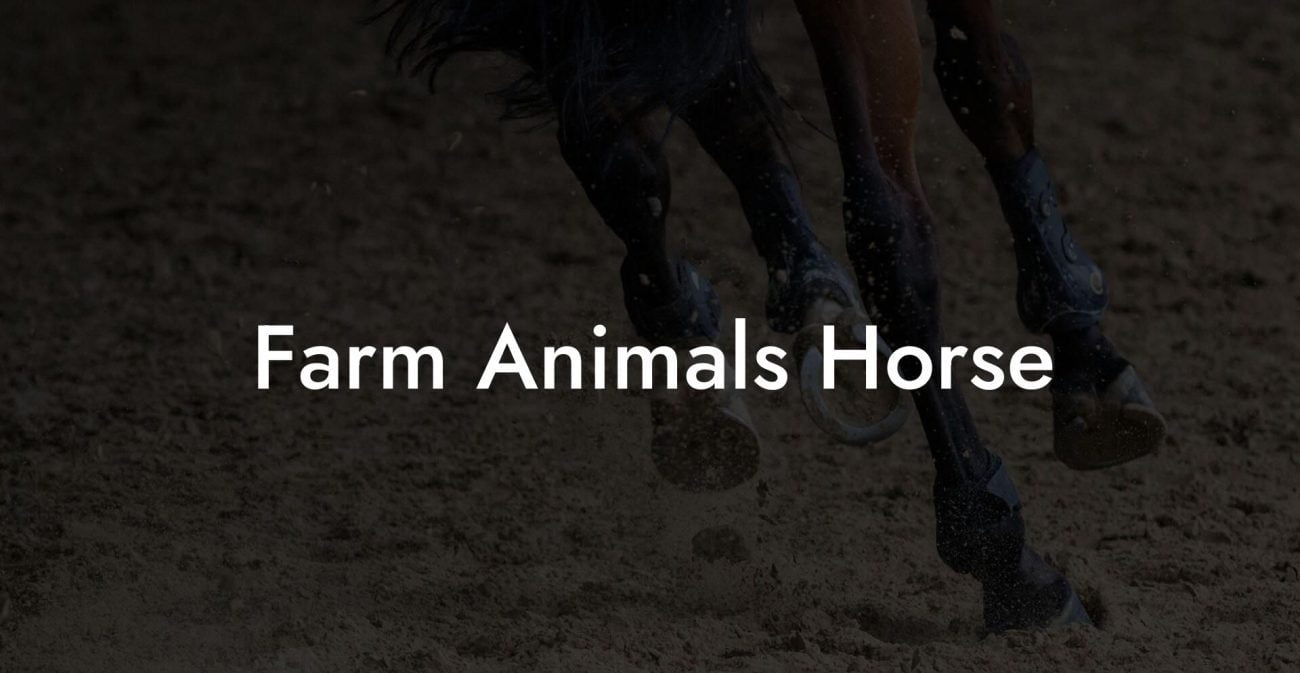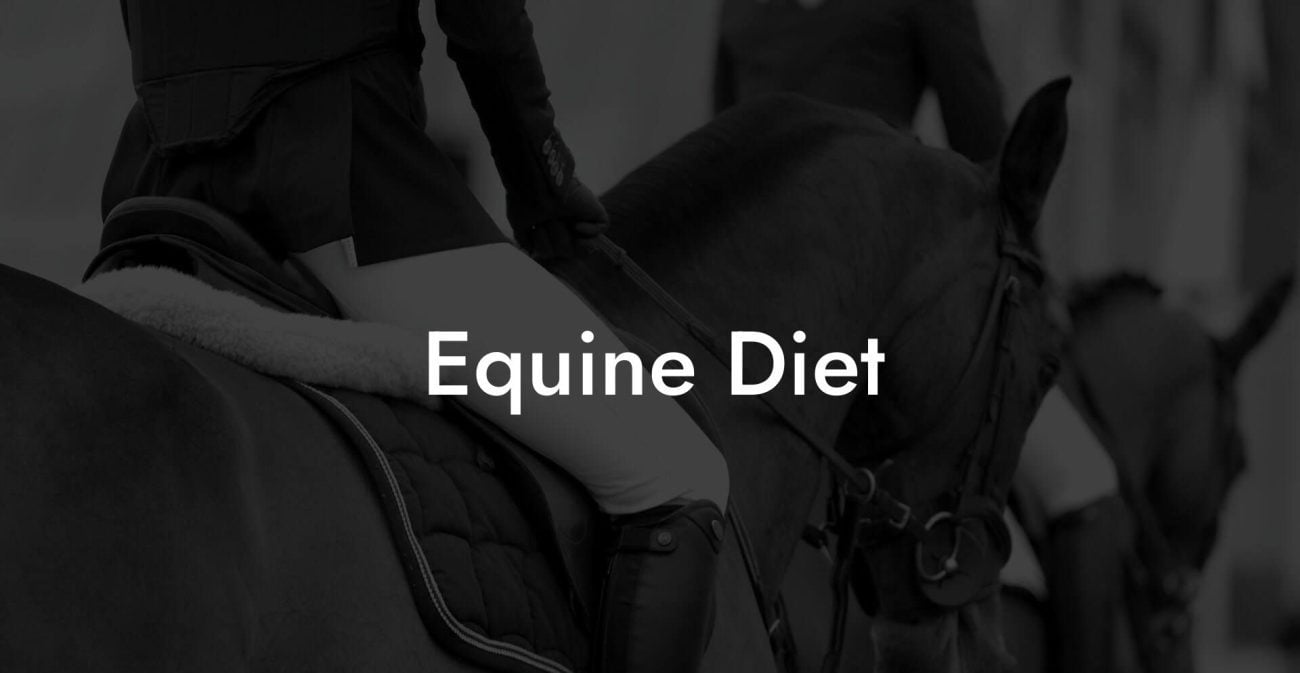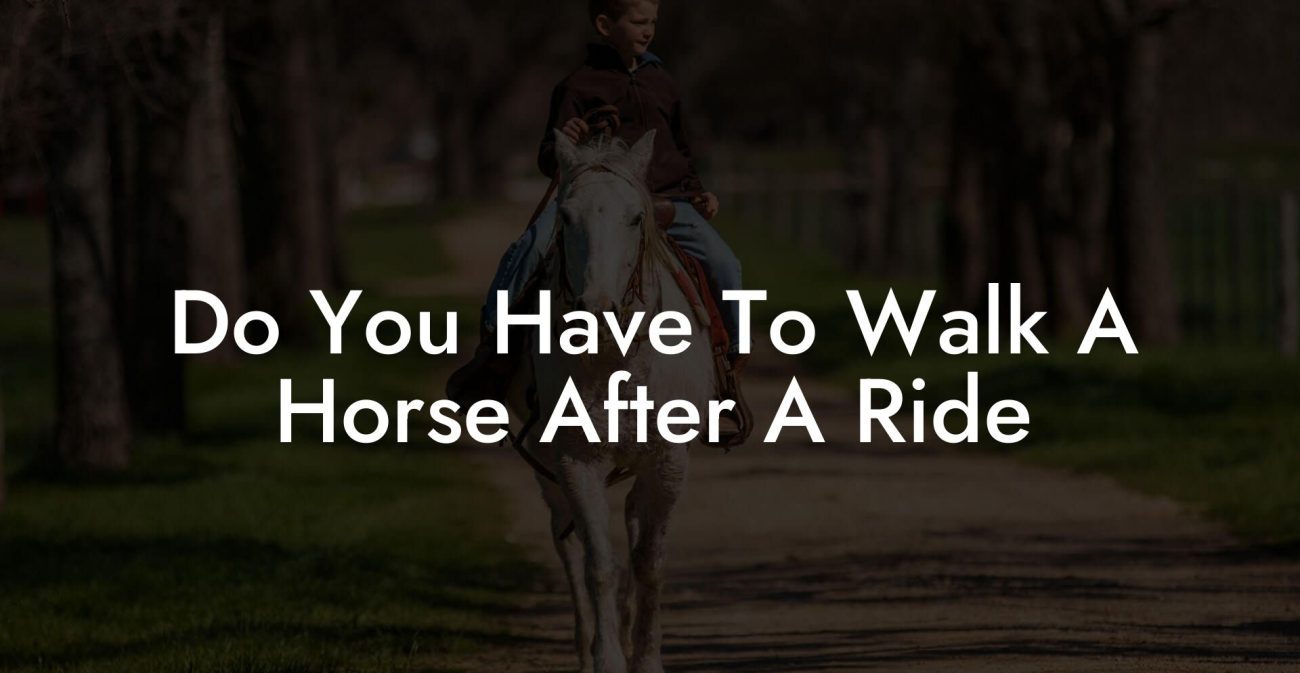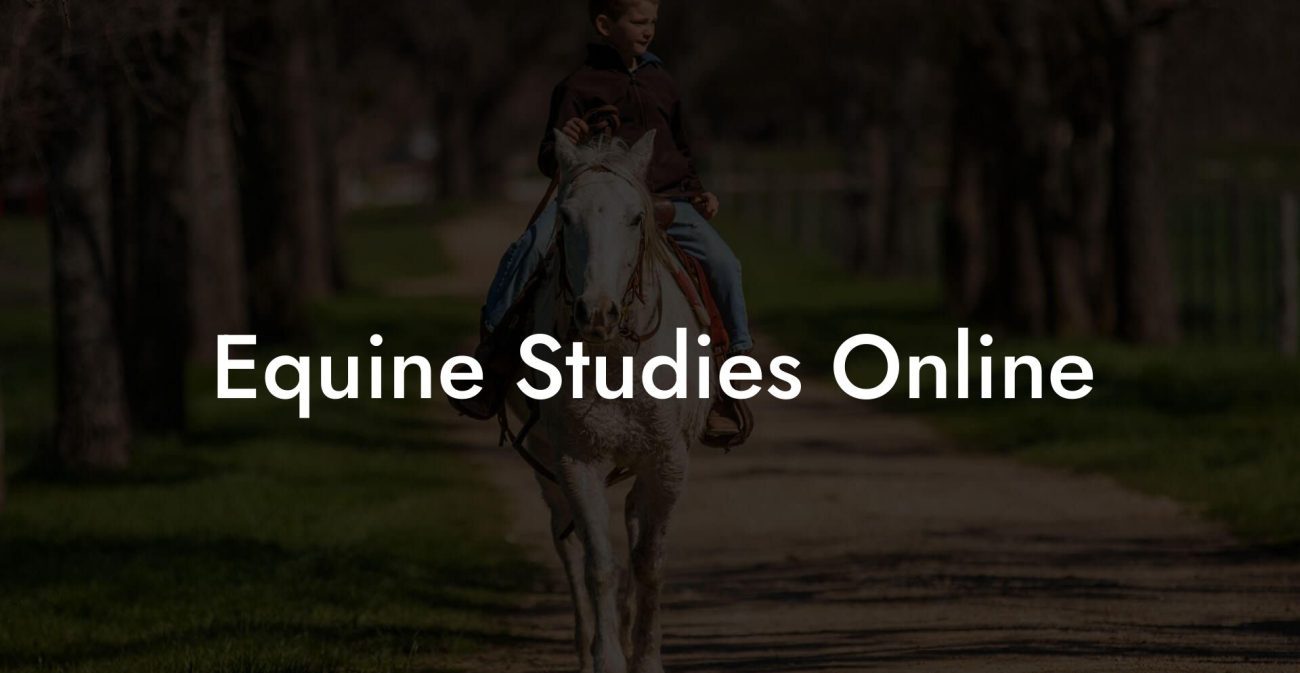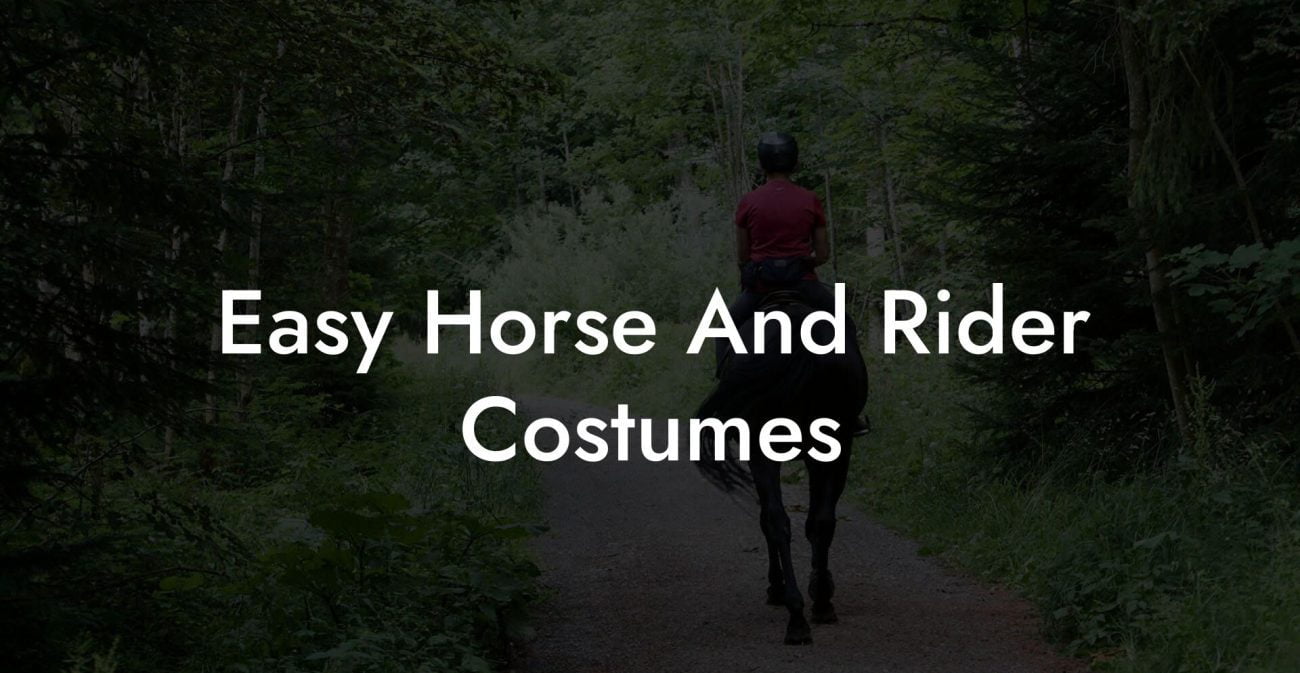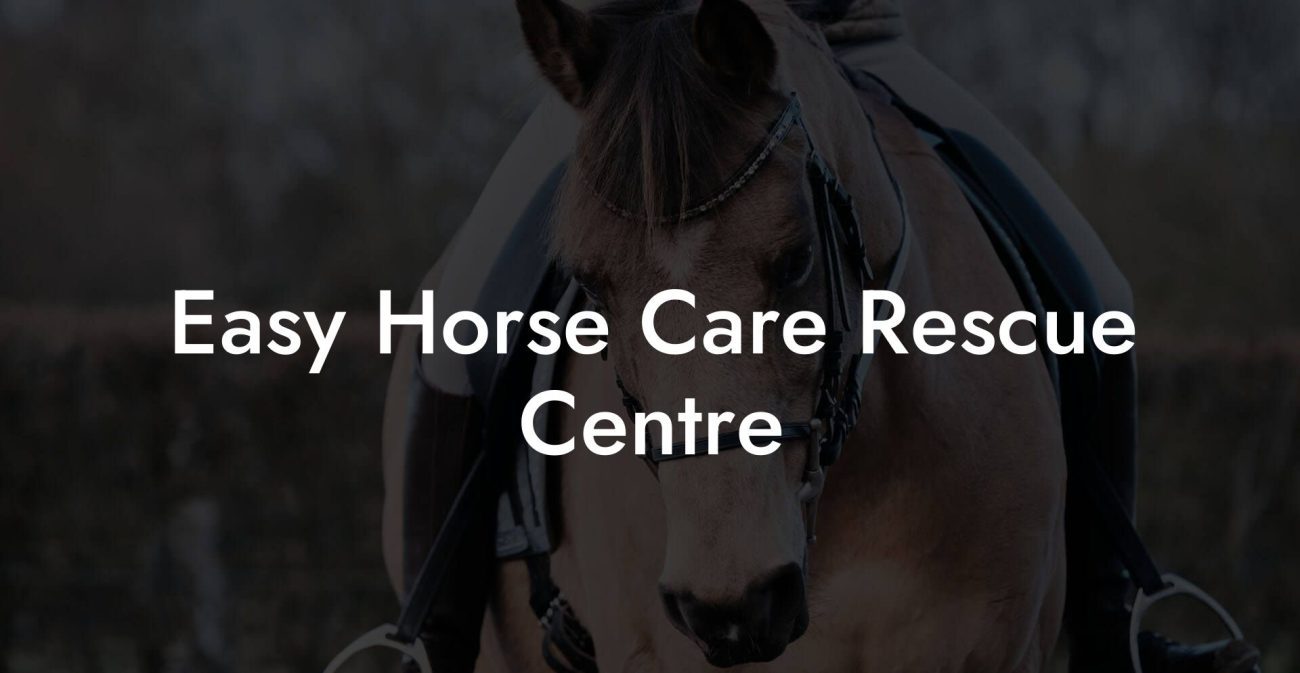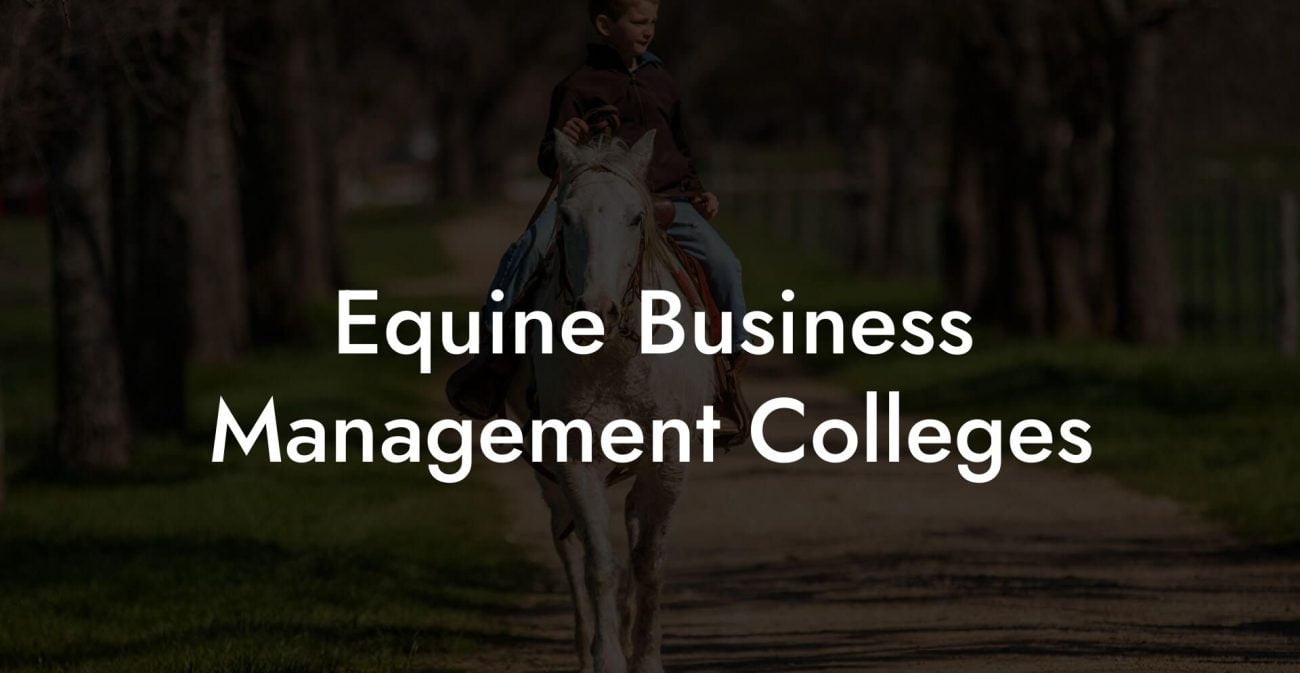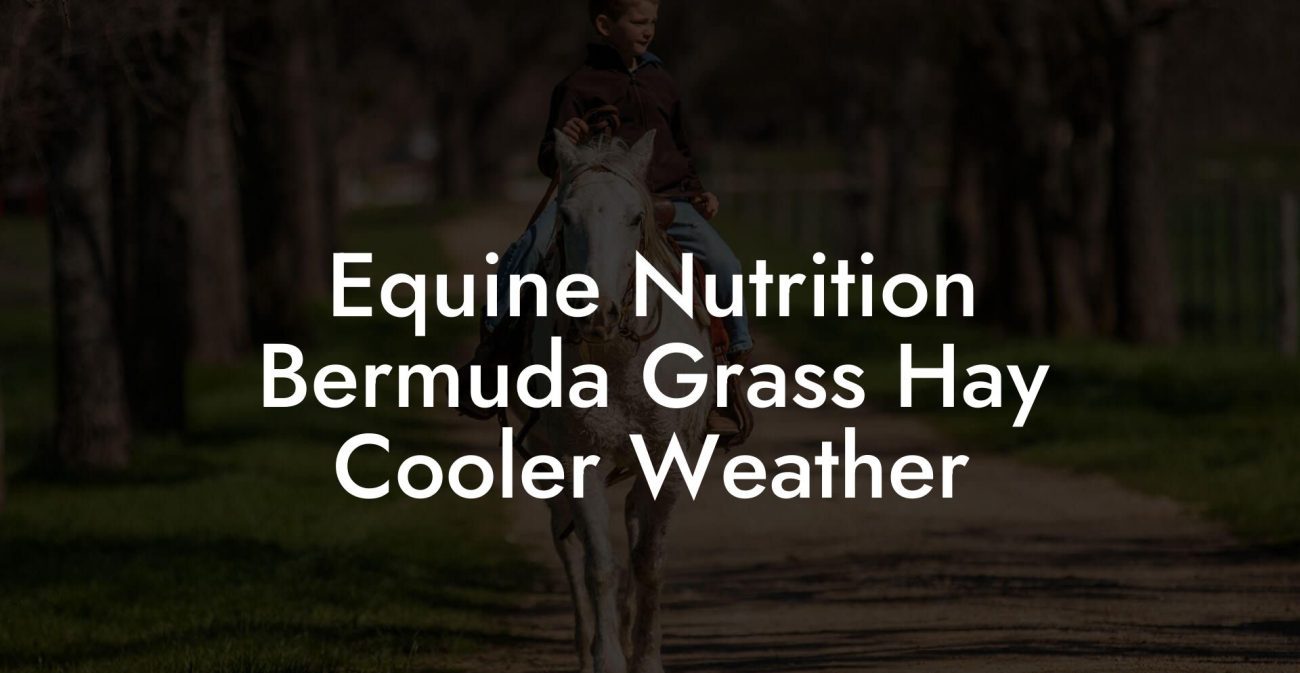So, you’re scrolling through endless social media feeds, dreaming of that serene pasture life where your horse munches on perfectly formed alfalfa cubes like a gourmet snack—and you wonder, “How many alfalfa cubes should I feed my horse?” Whether you’re a seasoned equestrian influencer or a newbie just dipping your toes into the world of horse care, this deep-dive guide is here to break down everything you need to know about alfalfa cubes, nutrition tips, and keeping your equine friend in peak form—all while keeping it as fresh as your favorite meme.
Quick Links to Useful Sections
- The Lowdown on Alfalfa Cubes: What Are They and Why Do They Matter?
- A Nutritional Powerhouse: The Benefits of Alfalfa Cubes in Equine Diets
- So, How Many Alfalfa Cubes Should You Feed a Horse? A Detailed Breakdown
- General Feeding Guidelines
- Referencing the Horse’s Body Condition and Activity Level
- Age, Metabolism, and Special Requirements
- Key Factors Influencing How Many Alfalfa Cubes to Feed Your Horse
- 1. Activity Level
- 2. Weight and Body Condition
- 3. Age and Developmental Stage
- 4. Health Conditions and Metabolic Considerations
- 5. Other Diet Components
- Feeding Strategies for Optimal Equine Nutrition Using Alfalfa Cubes
- Balancing Forage and Concentrates
- Scheduling Feedings for Consistency
- Monitoring and Adjusting Portions
- Avoiding Overreliance on Alfalfa Cubes
- Incorporating Alfalfa Cubes into a Holistic Equine Diet
- Pairing with Pasture and Hay
- Enhancing with Nutritional Supplements
- Integrating Feeding Technology
- Practical Tips & Common Pitfalls: Mastering the Art of Feeding Alfalfa Cubes
- Start Slow and Steady
- Ensure Consistent Quality
- Regular Check-Ins with Your Vet
- Mix It Up
- Stay Educated and Engaged
- Real-Life Case Studies: How Modern Horse Owners are Nailing the Alfalfa Cube Diet
- Case Study 1: The Competitive Show Jumper
- Case Study 2: The Retired Ranch Star
- Case Study 3: The Up-and-Coming Rookie
- Resources and Community Support: Your Next Steps in Equine Nutrition Mastery
- FAQs: Your Burning Questions on Feeding Alfalfa Cubes Answered
- Your Next Step to Next-Level Equine Nutrition
The Lowdown on Alfalfa Cubes: What Are They and Why Do They Matter?
Alfalfa cubes are compact, nutrient-dense blocks made from alfalfa hay, a legume hay loaded with protein, calcium, and energy that can be a game-changer in a horse’s diet. Unlike traditional loose hay, these cubes are uniform in shape and size, making them a convenient, mess-free option for busy horse owners who value precision when it comes to feeding schedules.
But why all the hype? Well, alfalfa hay is known for its rich nutrient profile, especially for horses that need a boost in protein and calcium. These little cubes are hailed for their digestibility and balanced nutritional content, which helps support muscle development, proper bone growth, and maintain overall vitality. However, balancing the number of cubes is crucial—overfeeding may lead to weight gain, while underfeeding might not meet your horse’s nutritional needs.
In today’s fast-paced lifestyle, where every minute counts and feed times need to be efficient yet effective, alfalfa cubes have become a popular choice among equine caretakers from suburban barns to sprawling rural ranches. So, buckle up as we explore the ins and outs of alfalfa cube feeding, tailored perfectly for Gen-Z and millennials who appreciate an informed, savvy, and bold approach to horse care.
A Nutritional Powerhouse: The Benefits of Alfalfa Cubes in Equine Diets
When it comes to equine nutrition, quality matters. Alfalfa cubes bring several benefits to the table (or should we say, trough) thanks to their carefully concentrated nutrients:
- High Protein Content: Ideal for growing horses, athletic performance, and muscle repair. Protein plays a central role in building and maintaining lean muscle, ensuring your horse stays agile, active, and ready for action—whether that means trail rides or just long days in the pasture.
- Rich in Calcium: Essential for bone strength and overall development. Calcium intake is especially pivotal during growth spurts or if your horse engages in strenuous exercise routines.
- Digestibility and Fiber: While providing a concentrated dose of nutrition, alfalfa cubes maintain enough fiber to support healthy digestion without risking colic or digestive upset—common concerns in equine nutrition circles.
- Convenience and Consistency: Unlike loose hay that can be affected by weather or storage issues, alfalfa cubes offer consistency in nutrient content and portion sizes, ensuring that every bite is balanced.
By optimizing the diet with these nutrient-packed cubes, you're giving your horse the support it needs for sustained energy, improved coat condition, and overall robust health. Yet, as with all things in life, moderation is key. Finding that “sweet spot” in feed guidelines will be our next step.
So, How Many Alfalfa Cubes Should You Feed a Horse? A Detailed Breakdown
Figuring out the ideal number of alfalfa cubes for your horse can feel a bit like solving a riddle wrapped in a mystery inside an enigma—exciting and a tad overwhelming at first. The truth is, there isn’t a one-size-fits-all answer. The appropriate amount depends on various factors, which we’ll unpack in detail:
General Feeding Guidelines
Most equine nutrition experts suggest that for an average, moderately active adult horse, alfalfa cubes should make up about 10-20% of the daily forage intake. That usually translates to roughly 6-8 pounds of feed per day when combining all forage sources. If alfalfa cubes are the primary forage, then you might start with giving around 1-2 pounds per cube depending on the density and size of the cube.
Generally speaking, if your horse weighs around 1,000 pounds, starting with 3-4 alfalfa cubes (assuming a cube weighs about 1 pound) per day is a good baseline. Adjustments can then be made based on your horse’s individual needs.
Referencing the Horse’s Body Condition and Activity Level
A lean, highly athletic horse may need a slightly different approach compared to a leisurely companion. Actively competing horses, for example, might benefit from a bit more protein and energy, which means a tad higher allocation of alfalfa cubes. On the flip side, horses that are prone to weight gain might need fewer cubes, balancing energy intake with their overall calorie expenditure.
Regular monitoring and body condition scoring will help you fine-tune the right number. If your horse is looking lean and energetic, you’re likely on the right track. But if it’s visibly bulkier than desired, it might be time to dial back on the cube count, substituting with lower-calorie alternatives.
Age, Metabolism, and Special Requirements
Young horses and seniors have unique nutritional requirements. Foals and yearlings, for instance, will have different protein and calcium demands from mature horses. Meanwhile, older horses or those with metabolic issues may require a modified diet to avoid complications such as laminitis.
Consulting with an equine nutritionist can help determine a specific feeding strategy tailored to your horse’s breed, age, weight, and overall health. It’s essential to note that alfalfa cubes are best viewed as a part of a balanced diet rather than a standalone feed.
Key Factors Influencing How Many Alfalfa Cubes to Feed Your Horse
Several variables determine how many alfalfa cubes are ideal for your horse. Understanding these factors is crucial in crafting a feeding plan that aligns with your horse’s lifestyle and health:
1. Activity Level
The more active your horse, the higher its energy demands. Performance horses, show jumpers, and racehorses often require additional calories and protein to sustain high energy outputs. For these athletes, alfalfa cubes can serve as a strategic energy booster.
For those engaged in regular, less strenuous activity, fewer cubes might be sufficient to meet their nutritional needs.
2. Weight and Body Condition
Horses that are underweight or have high metabolic rates might need an extra boost from nutrient-rich feeds like alfalfa cubes. Conversely, horses with a predisposition to weight gain should have their intake carefully moderated to avoid excess calories.
3. Age and Developmental Stage
Growing horses, including those in their adolescence, have accelerated nutritional needs to support bone growth and muscle development. Alfalfa cubes provide an efficient source of high-quality protein and calcium critical during these formative years. For seniors, digestibility and easy-to-chew forage become paramount, so the size and formulation of the cube may need to be adjusted.
4. Health Conditions and Metabolic Considerations
If your horse has underlying health conditions such as insulin resistance or is at risk for metabolic disorders, the overall feed plan—including alfalfa cubes—might be adjusted to manage these concerns. Always consult your veterinarian for personalized guidance.
5. Other Diet Components
Your horse’s overall diet matters. If alfalfa cubes are the only forage source, nutritional balance must be carefully monitored. However, if combined with grass hay, grains, or pasture grazing, the number of cubes can be adjusted downward. Integrating various feed types ensures diverse nutrient intake and prevents monotony—which can lead not only to nutritional gaps but also to bored horses (yes, horses can get bored!).
Feeding Strategies for Optimal Equine Nutrition Using Alfalfa Cubes
Crafting the perfect feeding regimen involves more than just counting cubes. It’s about integrating them into a holistic nutrition plan that suits your horse’s lifestyle. Here are some strategic tips:
Balancing Forage and Concentrates
A balanced diet is key to a happy, healthy horse. Alfalfa cubes, while nutrient-rich, should be part of a broader plan that includes grass hay, pasture access, and possibly additional supplements. This diversity ensures your horse gets a full spectrum of fibers, vitamins, and minerals.
For example, if your horse receives about 6-8 pounds of forage daily, you might consider allocating 1-3 pounds from alfalfa cubes depending on its caloric intake from other sources. This balance prevents overfeeding and helps maintain steady weight.
Scheduling Feedings for Consistency
Horses thrive on routine. Establishing a feeding schedule that distributes alfalfa cubes evenly throughout the day can aid in digestion and energy management. Instead of dumping all the cubes into the feed bucket at once, consider splitting them between morning and evening meals.
Consistent, smaller feedings create a calm eating environment, reduce the risk of digestive upset, and keep your horse’s metabolism humming like your favorite streaming playlist on loop.
Monitoring and Adjusting Portions
Keep a close eye on your horse’s body condition and energy levels. Regular weigh-ins or using a body condition score chart can help you decide if you need to tweak the number of cubes. For instance, if you notice your horse steadily gaining weight or showing signs of sluggishness, it might be time to cut back a bit.
On the flip side, if your horse looks undernourished, crank up the nutrition by slightly increasing the cube intake—always under professional guidance, of course.
Avoiding Overreliance on Alfalfa Cubes
While alfalfa cubes offer a host of benefits, balance is imperative. An overly restrictive focus on cubes can cause nutritional imbalances. Diversify your equine friend’s diet to maintain a well-rounded nutritional profile. Think of it like curating an epic playlist—the variety keeps the vibe fresh and exciting!
Incorporating Alfalfa Cubes into a Holistic Equine Diet
Modern horse care isn’t just about what your horse eats but how the diet fits into a broader, holistic approach to well-being. With alfalfa cubes, integration becomes both art and science.
Pairing with Pasture and Hay
Alfalfa cubes work best when complemented by lush pasture grazing and high-quality hay. Fresh grass provides natural enzymes and micronutrients that canned or baled feeds might lack. The synergy between these feeds creates a balanced diet that supports digestion, immunity, and overall performance.
Enhancing with Nutritional Supplements
Depending on your horse’s specific needs—be it joint health, coat condition, or digestive aid—nutritional supplements might be a smart addition to the feeding mix. Products rich in omega fatty acids, probiotics, or additional vitamins can round out the diet when combined with alfalfa cubes. Just like hitting “save” on your favorite filter, these supplements add that extra boost of wellness.
Integrating Feeding Technology
In today’s digital era, even horse owners are turning to apps and smart feeders to manage diets. With modern tools that track feed consumption, body condition, and overall performance, you can ensure your horse is receiving the optimal number of alfalfa cubes every day. This technology not only makes life easier but also provides peace of mind that you’re on top of your equine nutrition game.
The key is to view alfalfa cubes as a valuable piece in the overall nutrition puzzle—a puzzle that, when completed, supports your horse’s health, performance, and longevity.
Practical Tips & Common Pitfalls: Mastering the Art of Feeding Alfalfa Cubes
Getting the balance right between feed quantity and quality can be a thrill, but it does come with its share of missteps. Here are some tips to keep your feed routine running as smoothly as your favorite viral video:
Start Slow and Steady
When introducing alfalfa cubes into your horse’s diet, start with small amounts. Monitor how your horse responds both in terms of digestion and energy levels. Gradually increase the amount until you reach the optimal balance. This method not only prevents digestive upsets but also allows you to gauge your horse’s individual tolerance.
Ensure Consistent Quality
Not all alfalfa cubes are created equal. Always choose high-quality, well-packaged cubes from trusted suppliers. The quality of the alfalfa directly impacts your horse’s nutrient intake, so a lapse in quality can mean a lapse in performance.
Regular Check-Ins with Your Vet
Just as you wouldn’t skip your quarterly phone updates, don’t forget regular veterinary check-ups. These visits can help identify subtle shifts in your horse’s condition, allowing you to adjust feed quantities promptly.
Mix It Up
Variety is the spice of life. Rotate alfalfa cubes with other forms of hay and forage to avoid nutritional monotony. A diverse diet is like mixing up your playlist—it keeps things interesting and ensures your horse receives a well-rounded range of nutrients.
Stay Educated and Engaged
The world of equine nutrition is always evolving. Follow trusted sources, join online communities, and engage with other horse enthusiasts. The more you learn, the better you can tailor your horse’s diet to its specific needs.
Avoid common pitfalls such as overfeeding, underfeeding, or relying solely on cubes as the main form of nutrition. Always remember that your horse’s well-being is multifaceted and requires a thoughtful blend of convenience, quality, and diversity.
Real-Life Case Studies: How Modern Horse Owners are Nailing the Alfalfa Cube Diet
Sometimes, the best way to understand the impact of a feeding plan is to hear real stories from the field. Here are some case studies showcasing how equine enthusiasts have successfully integrated alfalfa cubes into their horses’ diets:
Case Study 1: The Competitive Show Jumper
Meet Bella, a competitive show jumper whose owner, Jamie, decided to incorporate alfalfa cubes to bolster her protein intake. Bella’s schedule was packed with training sessions and competitions, so Jamie needed a reliable source of energy and muscle-repair nutrients. By gradually introducing 2 alfalfa cubes into Bella’s daily regimen (supplemented with quality hay and fresh pasture), Jamie observed quicker recovery times, improved stamina, and a visibly shinier coat that even judges couldn’t help but notice.
Case Study 2: The Retired Ranch Star
Then there’s Duke, a mellow 18-year-old horse with a laid-back attitude and a delicate digestive system. Duke’s caretaker, Morgan, wanted to ensure that Duke maintained his muscle mass and joint health without risking weight gain. After consulting with a nutritionist, Morgan began offering Duke a modest 1-2 cubes per day alongside a diet rich in fiber and low in calories. Over time, Duke’s energy levels stabilized, and his overall condition improved—allowing him to enjoy his retirement in style.
Case Study 3: The Up-and-Coming Rookie
Lastly, we have Apollo, a young, energetic colt, whose owner Sasha was determined to set him on a path to greatness. With Apollo still in the growth phase, Sasha experimented with slight increments, starting with half a cube and gradually increasing the amount as Apollo adapted to the richer diet. With careful observation and adjustments, Apollo’s performance on the training field soared, making his journey a testament to the power of tailored equine nutrition.
These case studies illustrate that while the numbers might provide a starting point, the art of feeding alfalfa cubes is deeply personal and always evolving. Knowing your horse, monitoring progress, and staying flexible are the keys to success.
Resources and Community Support: Your Next Steps in Equine Nutrition Mastery
Ready to level up your horse care routine? There’s a tribe of experienced equine enthusiasts, nutrition experts, and even online gurus who are all about embracing modern, holistic approaches to horse care. Here are a few resources and community platforms to get you started:
- Equine Nutrition Forums: Online communities like The Horse Forum or specialized Facebook groups are great for sharing experiences, swapping recipes, and getting advice from seasoned horse owners.
- Veterinary and Equine Nutrition Experts: Follow the blogs and social media channels of reputable equine nutritionists and veterinarians who regularly post updates on new research and practical tips.
- Local Equine Associations: Get involved with regional horse clubs or associations where seminars, workshops, and meet-ups provide opportunities for hands-on learning and networking.
- Equine Care Apps and Digital Tools: Leverage modern technology with apps designed for tracking your horse’s diet, weight, and overall health. These digital aids help you stay on top of your game and make informed decisions.
Your next steps involve engaging with the community, sharing your journey, and always being open to learning. The more informed you are, the better tailored your feed plan will be—and your horse will thank you for it by galloping off into a future of peak health!
FAQs: Your Burning Questions on Feeding Alfalfa Cubes Answered
Let’s address some of the most frequently asked questions about incorporating alfalfa cubes into your horse’s diet. These Q&A nuggets should help clarify any lingering uncertainties.
1. How many alfalfa cubes should I feed my horse per day?
For an average adult horse weighing about 1,000 pounds, starting with 3-4 cubes per day is a general guideline. However, this varies based on the horse’s activity level, body condition, age, and overall diet.
2. Can alfalfa cubes replace conventional hay entirely?
While alfalfa cubes are nutrient-dense, it’s best to use them in conjunction with a variety of forage sources like grass hay and pasture. This ensures a diverse nutrient profile and prevents dietary monotony.
3. Are there risks of overfeeding alfalfa cubes?
Yes. Overreliance on alfalfa cubes can lead to excess calorie intake, weight gain, or even digestive issues. It’s important to balance cube intake with other forage options.
4. What should I consider when choosing alfalfa cubes?
Look for high-quality, well-packaged cubes from reputable suppliers. Ensure that the cubes meet nutritional standards and are stored properly to maintain freshness.
5. How do I monitor if my horse is getting the right number of cubes?
Regularly monitor your horse’s body condition, weight, coat, and energy levels. Adjust the quantity based on changes, and always consult with an equine nutritionist if needed.
6. Can I adjust cube amounts for different life stages?
Absolutely. Young horses, performance horses, and seniors have distinct nutritional needs, so adjustments should be made according to age, activity level, and health status.
7. Should I introduce alfalfa cubes gradually?
Yes. Gradually blending alfalfa cubes into your horse’s diet helps the digestive system adapt to the concentrated nutrition, reducing the risk of upset stomach or lethargy.
8. Are there specific brands recommended by experts?
Many experts suggest researching customer reviews, consulting with veterinarians, and comparing nutritional labels to choose a brand that best fits your horse’s needs.
9. Is there a difference between alfalfa cubes and loose alfalfa hay?
While both offer similar nutritional benefits, alfalfa cubes are more convenient, have consistent nutrient density, and reduce waste. However, some horses might prefer the texture and variety of loose hay.
10. Can technology help in tracking feed intake?
Definitely. Numerous apps and smart feeders now allow you to monitor feed intake and adjust portions in real time, ensuring your horse stays on its optimal nutrition path.
Your Next Step to Next-Level Equine Nutrition
The journey to mastering the art of feeding alfalfa cubes is as rewarding as those perfectly candid behind-the-scenes moments of your favorite vloggers. With a balanced blend of nutrient-rich alfalfa cubes, quality hay, and a strategic feeding plan, you’re setting your horse up for a life of energy, health, and unbeatable performance. Remember, every cube counts—and getting that perfect number is about understanding your horse’s unique story.
Embrace the process, experiment with feeding strategies, and take cues from nature, trusted experts, and even your fellow horse enthusiasts online. Whether your goal is peak performance, a shiny coat, or that enviable posture, combining smart nutrition with modern technology makes all the difference in a fast-moving, connected world.
Your horse isn’t just an animal—it’s a vibrant partner in your journey, so let every feeding session be a celebration of smart care, innovation, and community spirit. Gear up, get informed, and transform your approach to equine nutrition one alfalfa cube at a time.
The pasture awaits, and the future of horse care is in your hands. Happy feeding, and may the cube count always be ever in your favor!

